Imagine coming home after a long, lonely day—your heart feels a bit heavier than usual. But as you open the door, your dog rushes to greet you, tail wagging like a flag in the wind. For a moment, the world feels a little less lonely. It’s no secret that dogs have a special way of making us feel loved. But is this affection real, or are we just imagining it? And for seniors battling loneliness, can a dog’s love truly fill that empty space? Let’s dig into what science says about the bond between dogs and humans, and how it can transform the lives of older adults.
The Heartfelt Bond Between Humans and Dogs
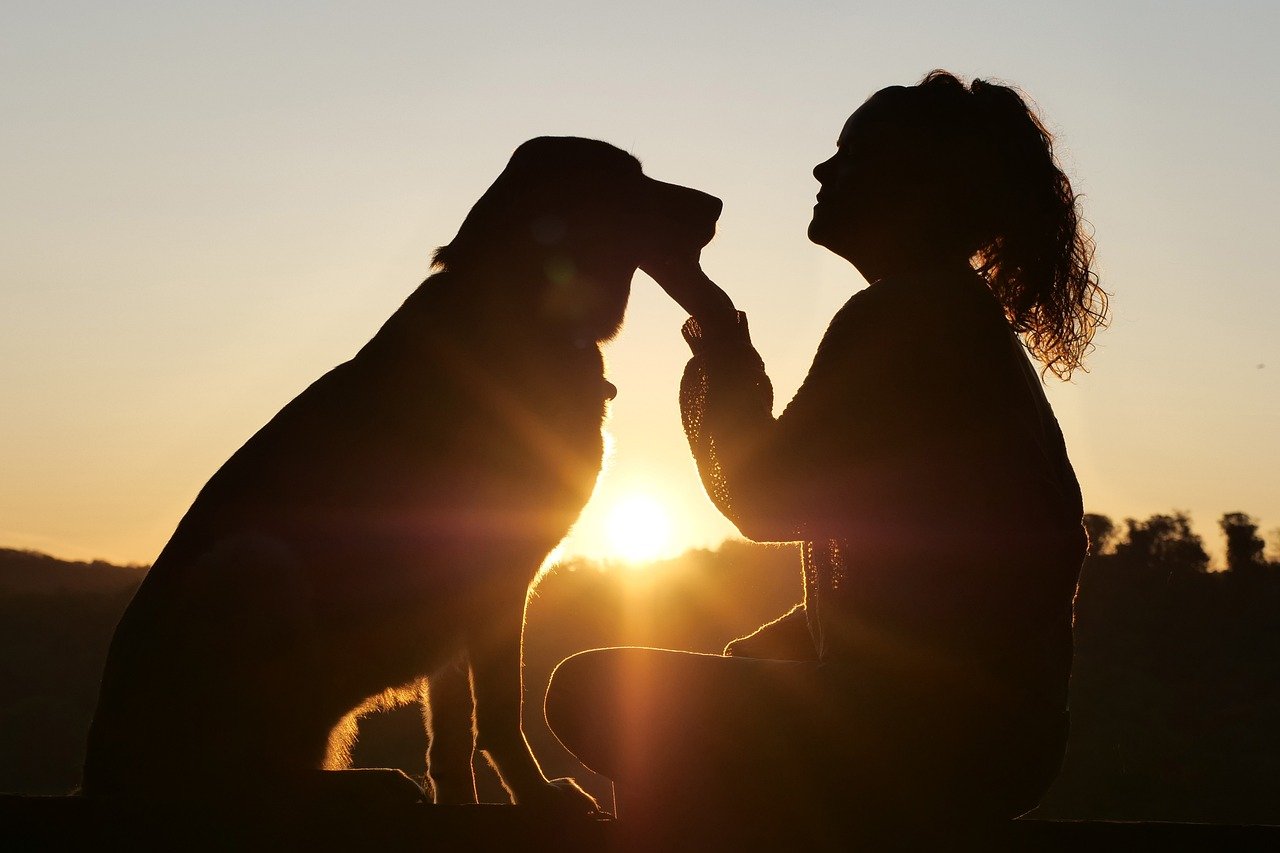
The relationship between humans and dogs goes back thousands of years. Dogs were domesticated not just for their hunting skills, but because they offered companionship. Over time, this partnership has evolved into something far deeper. When a dog curls up at your feet or looks into your eyes, it’s not just begging for treats. Research shows that both dogs and humans release oxytocin—the so-called “love hormone”—when they interact. This chemical is the same one that bonds mothers to babies. It’s astonishing to think that a cross-species friendship could spark the same brain chemistry as a family bond. For many people, a dog’s devotion feels just as sincere as any human relationship.
How Dogs Show Their Affection
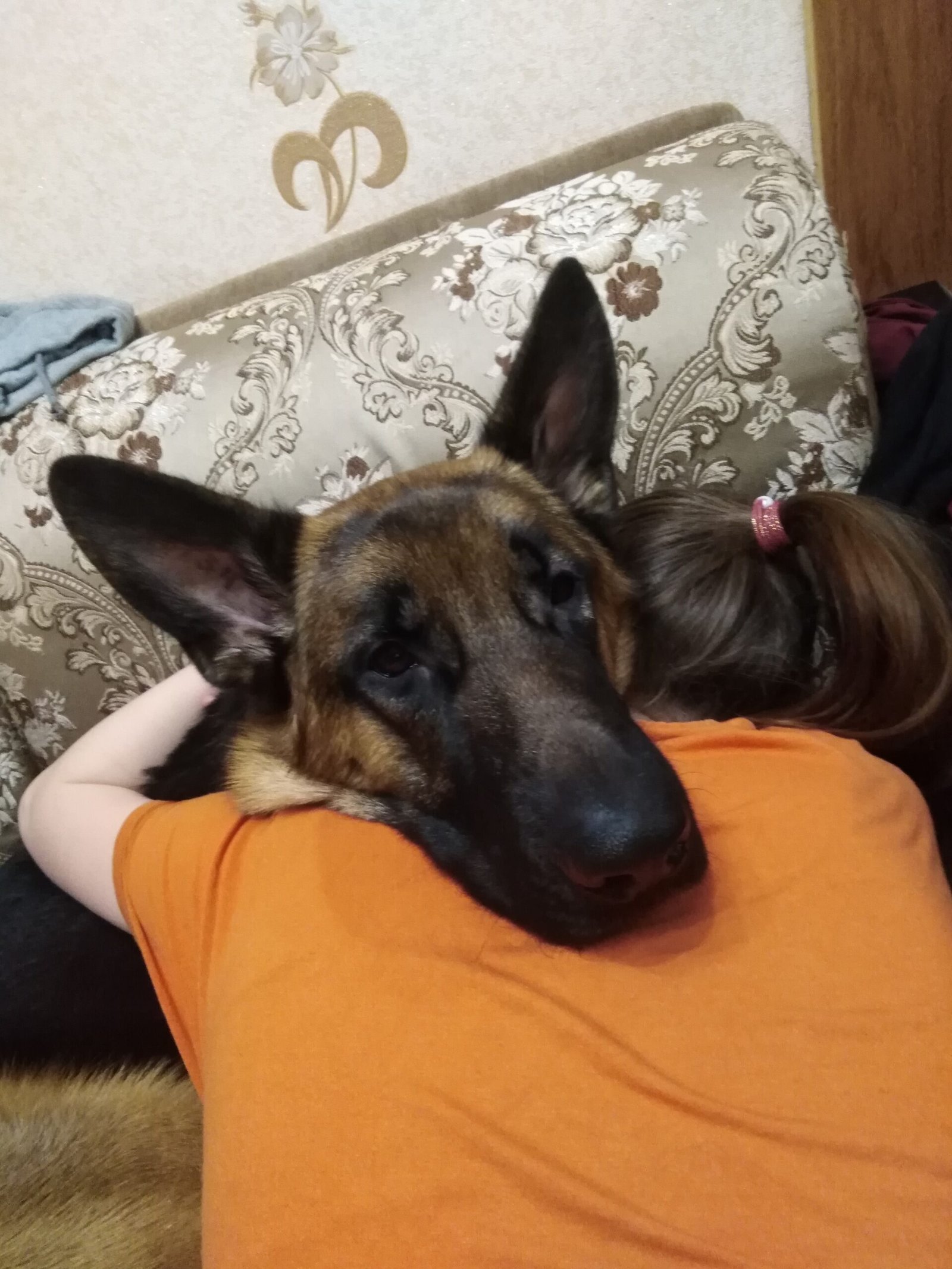
Dogs aren’t shy about expressing their love. You’ll notice it in the way they wag their tails, nuzzle your hand, or follow you from room to room. Some pups will even bring you their favorite toy, as if to say, “This is important to me, and so are you.” Scientists have studied these behaviors closely. For example, when a dog gazes at their owner, their heart rates often sync up. Licking, leaning, and even gentle barking can be signs that your dog feels safe and bonded with you. Unlike people, dogs don’t pretend—they show their emotions right on their furry sleeves. If you’ve ever felt like your dog truly “gets” you, you’re probably right.
Can Dogs Really Feel Love?
This is the million-dollar question for every dog lover. Recent studies using MRI scans have shown that dogs’ brains light up in the same regions as humans when they see someone they love. When presented with their owner’s scent, dogs show clear signs of pleasure and anticipation. Dogs are even capable of recognizing human facial expressions and responding with empathy—comforting their owners when they’re sad, or getting excited when they’re happy. While dogs might not write sonnets or bring flowers, their love is every bit as real as ours. They just have a different language for it.
The Impact of Dogs on Senior Loneliness
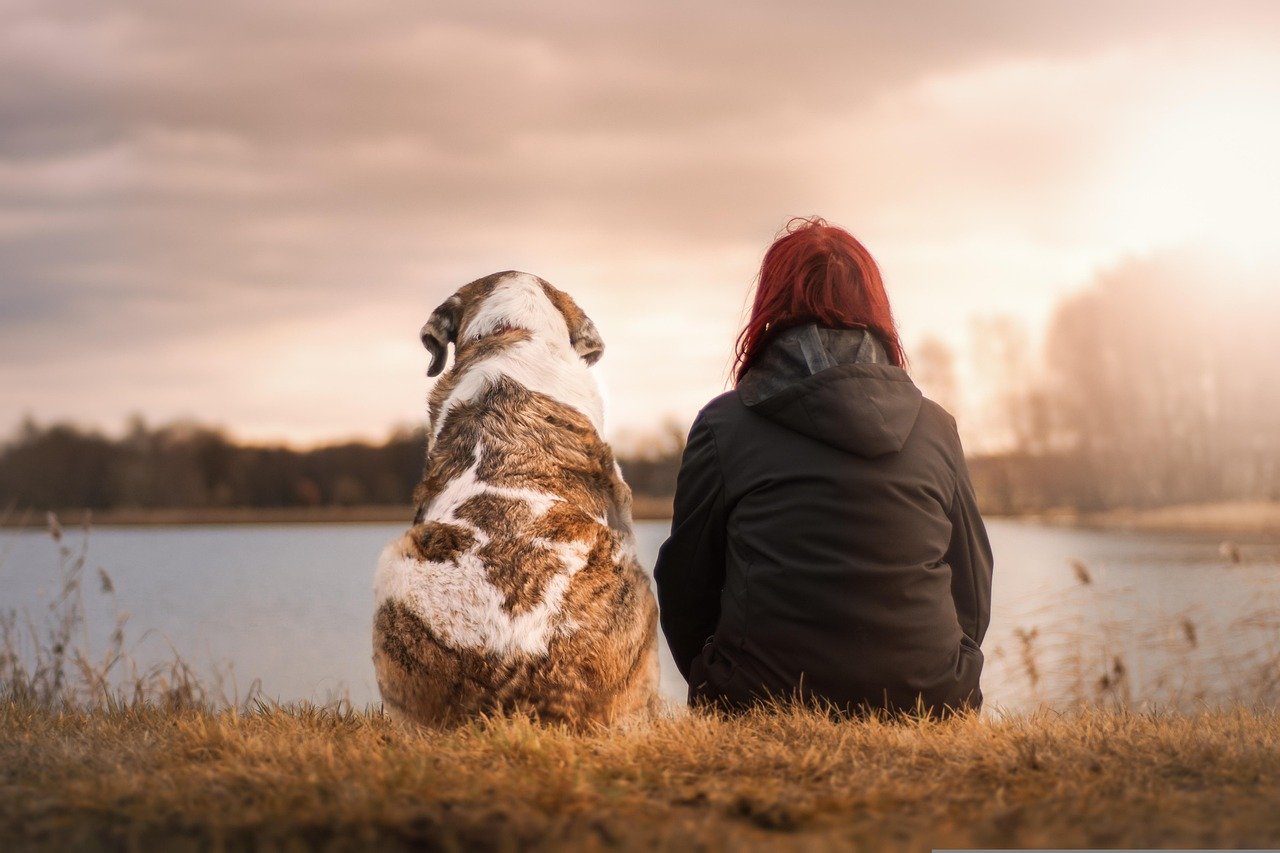
Loneliness is a silent epidemic among seniors. After retirement, or when family members move away, many older adults find themselves isolated. Here’s where dogs come in as unlikely heroes. Studies have found that seniors who own pets report lower levels of depression and anxiety. A dog’s daily needs—feeding, walking, and playtime—give structure and purpose to the day. Even more importantly, a dog offers unconditional companionship. For someone who feels invisible, a dog’s joyful greeting can be a lifeline. The presence of a loyal pup can turn a silent house into a home filled with life and laughter.
Dogs as Social Bridges for Older Adults
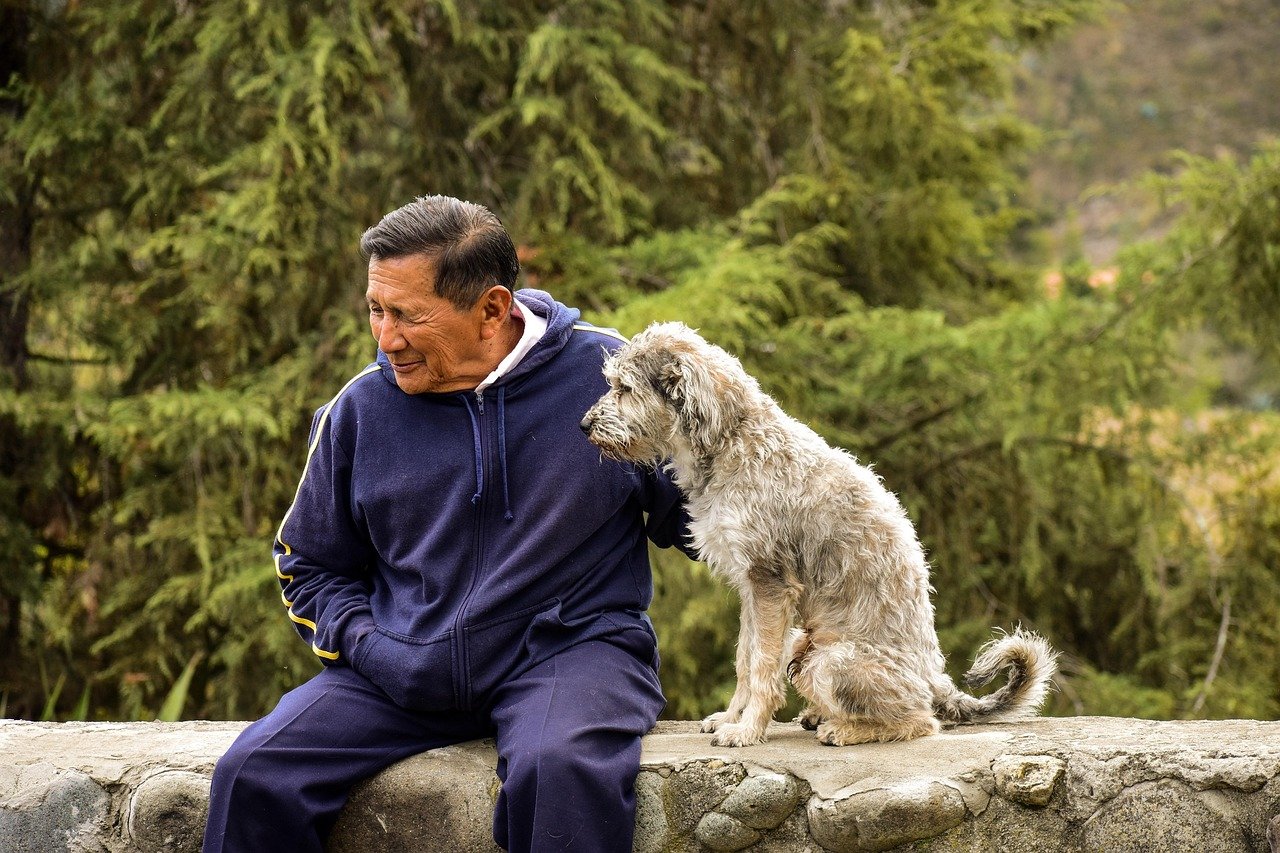
It’s not just the one-on-one relationship that matters. Taking a dog for a walk often leads to spontaneous conversations with neighbors or fellow pet owners. For seniors, these small interactions can break the cycle of social isolation. A friendly dog can be like carrying a bouquet of icebreakers everywhere you go. Studies have shown that seniors with dogs are more likely to form new friendships and participate in community activities. In a world that sometimes forgets its elders, a dog’s wagging tail can open doors to new connections.
Therapy Dogs and Companionship Programs
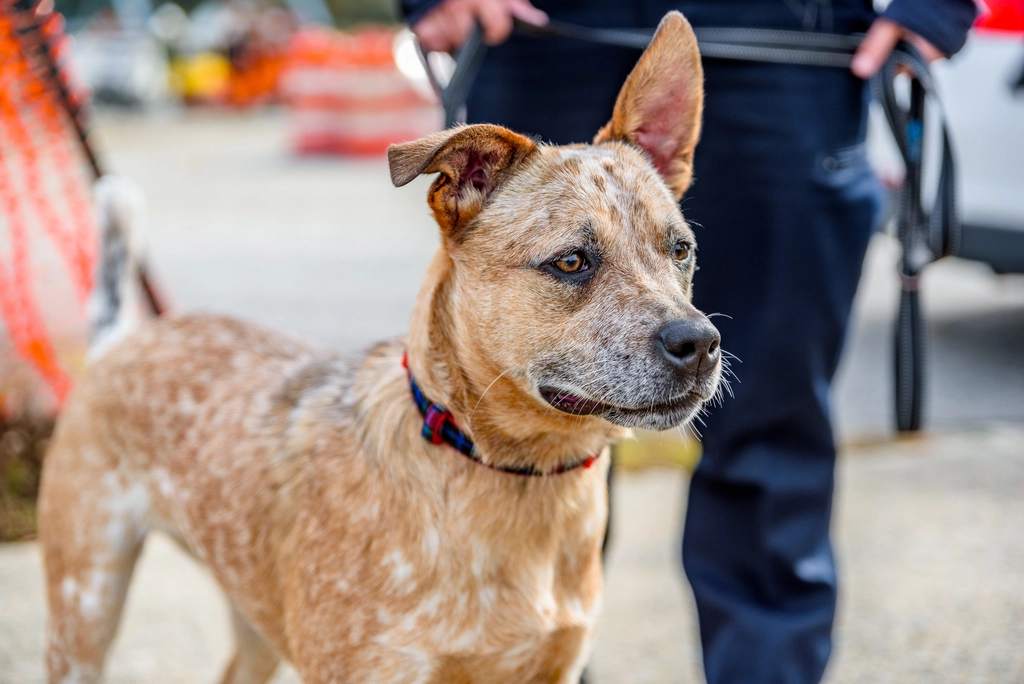
Not every senior can own a dog, but that doesn’t mean they have to miss out. Therapy dog programs bring specially trained dogs into nursing homes and assisted living facilities to spread joy and comfort. These dogs are experts at reading emotions and offering gentle affection. For some seniors, even a short visit with a therapy dog can lift spirits for days. There are also foster and companion animal programs that match older adults with pets in need of a loving home. These initiatives recognize the healing power of canine companionship and make it accessible to more people.
The Science of Dogs and Emotional Wellbeing
Researchers have dug deep into why dogs have such a positive effect on our mental health. It’s not just about keeping busy or feeling needed—petting a dog has been shown to lower blood pressure and reduce the stress hormone cortisol. Seniors with dogs often sleep better and have fewer doctor visits. The act of caring for another creature can reignite a sense of responsibility and pride, especially for those who may feel they’ve lost their place in the world. Simply put, a dog’s love is medicine for the soul.
Choosing the Right Dog for a Senior Lifestyle

Not all dogs are suited for every senior’s lifestyle. Energy levels, size, and temperament all play a role. Some older adults thrive with a playful, energetic companion, while others prefer a calm, cuddly friend. Many shelters help match seniors with older dogs who are already house-trained and less demanding. It’s important to consider mobility, health, and daily routines before bringing a dog home. But with the right fit, the bond can be life-changing. As one senior dog owner put it, “He gives me a reason to get up every morning, and I give him a reason to wag his tail.”
The science is clear: dogs do love us back—not just in ways we hope for, but in ways we can measure. Their affection can be a powerful antidote to loneliness, especially for seniors. If you ever find yourself wondering if your dog truly loves you, just look into their eyes. Chances are, the answer is staring right back at you.